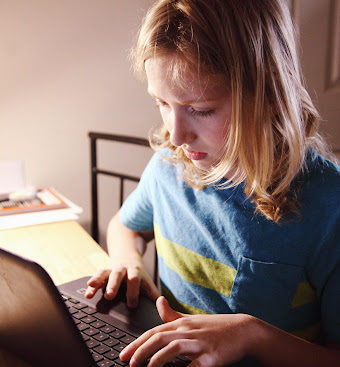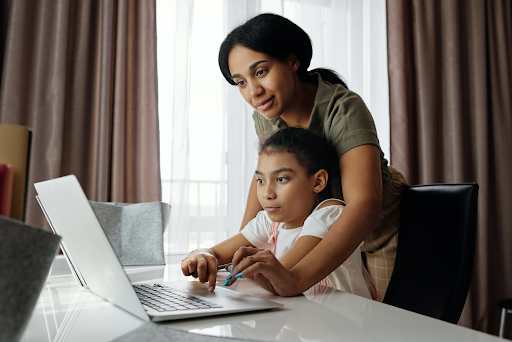After the disruptions of spring 2020 and the 2020-2021 academic year, many students and their parents are hoping the 2021-2022 year brings something closer to normalcy for everyone. There are some encouraging signs — COVID-19 cases are on the decline across the country, and many experts believe that, with vaccines and rising immunity, there will not be another major wave.
However, the coronavirus pandemic has had no shortage of false starts, and many families are finding it better to be prepared for the worst than to hope for the best. This means that as much as we all hope schools will be safely in person all year, it’s not a bad idea to think about what you’ll do in the event of another round of pandemic school closures. Let’s see how to chart a course:
Have a Plan
Don’t let a school closure sneak up on you; have a plan, just in case. Each family has its own individual needs, so what that plan looks like will be up to you, and what works for some families may not work for others. However, you should have an idea of what physical space your child (or children) would be using should their school switch to remote classes, and what devices they’d be using for their schoolwork.
Depending on what school your family attends, they may have put provisions in place last year to provide students with the necessary equipment for remote learning — whether that’s the case, or not, it’s something to account for. You should also consider how you’ll keep any young children supervised while handling your own work and responsibilities; even if you don’t have a perfect idea of this, some advanced planning will always be better than none.

Get People on “Your Team”
There’s no need to face this alone! Before a school closure is imminent, or even likely, reach out to people you know and trust and form a team to lend each other support in the event of more school closures. These can be friends, neighbors, relatives, families of your children’s friends, or people from your broader community.
The point is, getting a team together means that you’ll have someone to turn to if you need to trade off on childcare, someone needs a hand if their child is sick or they have to work late unexpectedly, or any manner of day-to-day struggles that school closures only amplify. Even beyond practical support, it’s good to have people you trust who you can reach out and talk to if the stress of remote school starts to press on you — and they’ll be grateful for the same from you.
Talk to Your Children
In all of the worry about potential logistical and educational challenges around a school shutdown, it can be easy to forget that your kids are asking all the same questions you are. Don’t make that mistake! Your children have lived through the pandemic and multiple school closures right alongside you, and the threat of another one is sure to be on their minds too. Talk to your children about their hopes and fears for the new school year, and see if they’ve been worried about schools closing again. Ask them what the hardest parts of school closures were for them and what, if anything, actually benefited them. This will help you make a plan that works for them — for instance, if the hardest part was missing time with their friends, consider talking to another family about forming a “study bubble” or scheduling regular meetups in the event of another school closure.
And remember, if your child is struggling academically, remote tutoring, like A-List offers, is always a great option. While no one wants another school shutdown, with a plan in place, there’s no need to be afraid of one.

